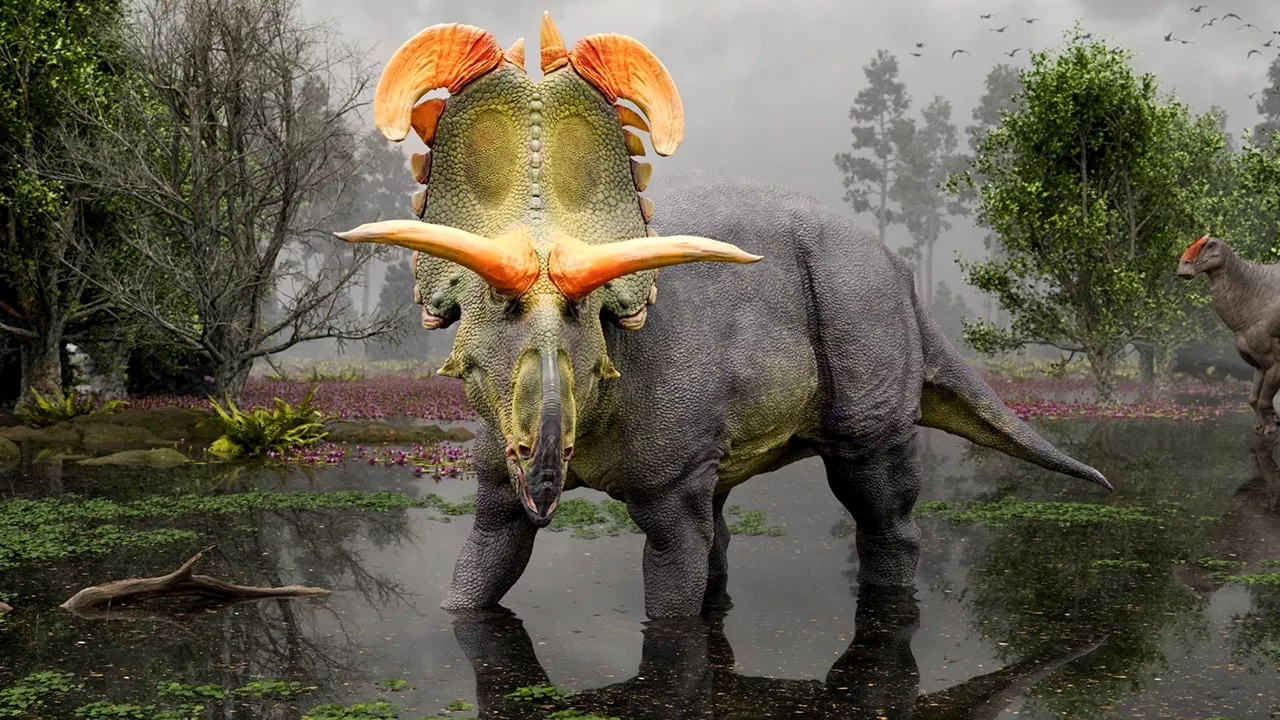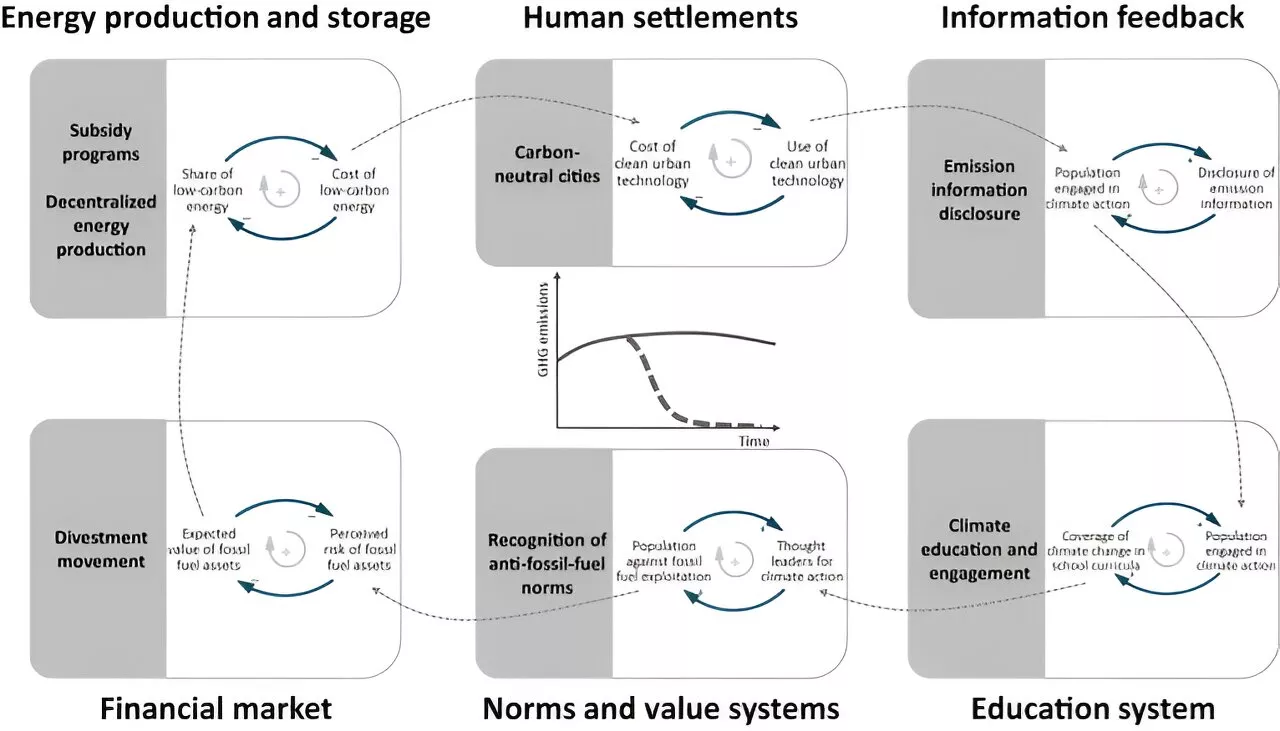Researchers have developed a new technique that pairs artificial intelligence and X-ray science.
Like people, materials evolve over time. They also behave differently when they are stressed and relaxed. Scientists looking to measure the dynamics of how materials change have developed a new technique that leverages X-ray photon correlation spectroscopy , artificial intelligence and machine learning.
"The goal of the AI is just to treat the scattering patterns as regular images or pictures and digest them to figure out what are the repeating patterns. The AI is a pattern recognition expert." -- James Horwath, Argonne National Laboratory For researchers to better understand what they are studying, they have to condense all the data into fingerprints that carry only the most essential information about the sample."You can think of it like having the material's genome, it has all the information necessary to reconstruct the entire picture," Horwath said.
AI, simply put, has good general pattern recognition capabilities, making it able to efficiently categorize the different X-ray images and sort them into the map."The goal of the AI is just to treat the scattering patterns as regular images or pictures and digest them to figure out what are the repeating patterns," Horwath said."The AI is a pattern recognition expert."
Biometric Nanotechnology Civil Engineering Information Technology Artificial Intelligence Computers And Internet Neural Interfaces
United States Latest News, United States Headlines
Similar News:You can also read news stories similar to this one that we have collected from other news sources.
 Beneath offshore wind turbines, researchers grow seafood and seaweedResearchers are exploring multiple uses for wind parks far out at sea, such as producing fresh seafood
Beneath offshore wind turbines, researchers grow seafood and seaweedResearchers are exploring multiple uses for wind parks far out at sea, such as producing fresh seafood
Read more »
 Lokiceratops, a ‘remarkable’ new dinosaur species, has been found in Montana, researchers sayA new dinosaur species called Lokiceratops rangiformis, which has 'several unique features,' has been discovered following a dig in Montana, researchers say.
Lokiceratops, a ‘remarkable’ new dinosaur species, has been found in Montana, researchers sayA new dinosaur species called Lokiceratops rangiformis, which has 'several unique features,' has been discovered following a dig in Montana, researchers say.
Read more »
 The '15-minute city' might not be realistic for North America, researchers findIn the '15-minute city,' a concept popularized in Europe, everything a resident might need on a daily basis is a short walk or bicycle ride away. A study by Transportation Research at McGill University (TRAM) suggests, however, that this model may not be easily achieved in large North American cities such as Montreal.
The '15-minute city' might not be realistic for North America, researchers findIn the '15-minute city,' a concept popularized in Europe, everything a resident might need on a daily basis is a short walk or bicycle ride away. A study by Transportation Research at McGill University (TRAM) suggests, however, that this model may not be easily achieved in large North American cities such as Montreal.
Read more »
 Supporting the right small changes can have big impacts on climate action, say researchersSmall changes in our everyday actions can trigger significant, rapid societal shifts especially when it comes to climate action. A new IIASA-led study highlights the importance of analyzing these dynamics with a comprehensive framework to harness their full potential for reducing carbon emissions.
Supporting the right small changes can have big impacts on climate action, say researchersSmall changes in our everyday actions can trigger significant, rapid societal shifts especially when it comes to climate action. A new IIASA-led study highlights the importance of analyzing these dynamics with a comprehensive framework to harness their full potential for reducing carbon emissions.
Read more »
 Easter Island's population never collapsed because it never got that big, researchers suggestKristina Killgrove is an archaeologist with specialties in ancient human skeletons and science communication. Her academic research has appeared in numerous scientific journals, while her news stories and essays have been published in venues such as Forbes, Mental Floss and Smithsonian.
Easter Island's population never collapsed because it never got that big, researchers suggestKristina Killgrove is an archaeologist with specialties in ancient human skeletons and science communication. Her academic research has appeared in numerous scientific journals, while her news stories and essays have been published in venues such as Forbes, Mental Floss and Smithsonian.
Read more »
 Coffee habits are partly linked to genetics, UC San Diego researchers sayResearchers from UC San Diego found that some people are genetically predisposed to drink more coffee than others.
Coffee habits are partly linked to genetics, UC San Diego researchers sayResearchers from UC San Diego found that some people are genetically predisposed to drink more coffee than others.
Read more »
